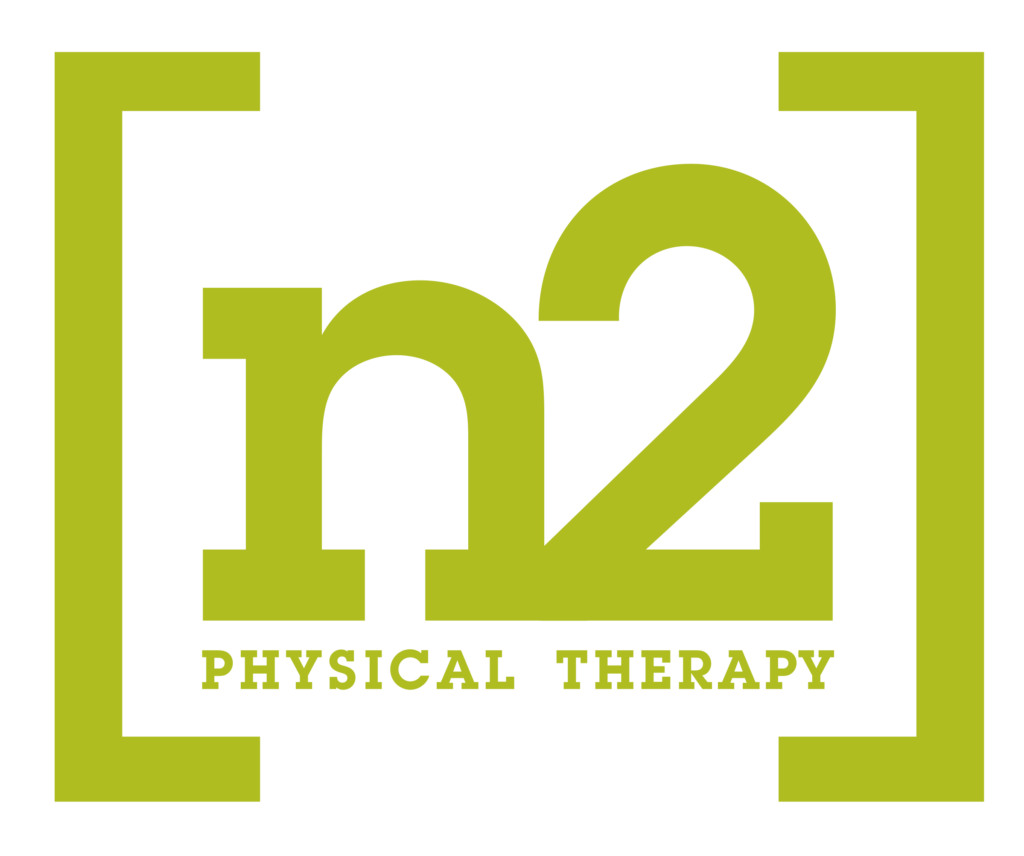Postpartum depression is a common, but sometimes serious mental health condition that affects many new mothers. It can occur anytime within the first year after giving birth and is characterized by feelings of sadness, anxiety, irritability, and hopelessness that persist for longer than two weeks.
This condition can make it difficult for new mothers to care for themselves and their babies, and it can negatively impact their relationships and overall quality of life.
As physical therapists, it’s important for us to make sure to be aware of the signs of postpartum depression in ourselves, our community, and our clients.
Symptoms of postpartum depression may include:
- Feelings of sadness, emptiness, or hopelessness
- Loss of interest or pleasure in activities you used to enjoy
- Difficulty bonding with your baby
- Feeling overwhelmed or like you’re not a good mother
- Thoughts of harming yourself or your baby
- Changes in appetite and sleep patterns
- Difficulty concentrating or making decisions
- Physical symptoms such as headaches, stomach problems, or fatigue
Serious postpartum depression may require professional treatment. If you are experiencing any of the above symptoms, it’s important to seek help from a healthcare provider as soon as possible. Treatment may include therapy, medication, or a combination of both.
With regards to physical therapy and postpartum depression, there are many types of somatic and gentle exercises that can also aid with recovery.
Physical therapy is especially effective when alongside a primary care doctor and mental health professionals’ support as a team.

Here are some ideas to take small steps toward healing from postpartum depression.
In addition to professional treatment, there are things you can do to support your mental health during this challenging time:
- Prioritize self-care: Taking care of yourself is crucial for your own well-being and that of your baby. Make time for activities you enjoy, get enough sleep, eat a healthy diet, and stay physically active.
- Connect with other new mothers: Sharing your experiences with other new mothers can help you feel less alone and provide valuable support and encouragement.
- Involve your partner or other loved ones: Ask for help from your partner, family, or friends. Don’t be afraid to delegate tasks like cooking, cleaning, or caring for the baby.
- Practice mindfulness and relaxation techniques: Mindfulness meditation, deep breathing, and other relaxation techniques can help you manage stress and anxiety.
With the right treatment and support, you can recover and enjoy your new role as a mother.
What can you do to help a loved one:
It is important that you can recognize the signs and symptoms of postpartum depression, which include feelings of sadness or hopelessness, loss of interest in activities, changes in appetite or sleep, irritability, anxiety, and thoughts of self-harm or harming the baby.
Here are some practical steps:
- Seek help from a healthcare provider, therapist, or support group. Postpartum depression is a treatable condition.
- Therapy or counseling can help develop coping strategies and address any underlying issues.
- Medication may also be an option through a healthcare provider.
- Make lifestyle changes to improve mental health, such as getting enough sleep, eating a healthy diet, and engaging in regular exercise.
- Be available to listen, be present and provide practical support. Having a strong support system can make a big difference in managing postpartum depression.
- Remember to ask your loved one how everything is feeling to that person. Often after the baby is born, it quickly becomes only about the baby. We can do little things to make sure our loved one knows that they are cared for and supported.
There are many factors that can contribute to postpartum depression, including hormonal changes, lack of sleep, stress, and feelings of isolation or lack of support. It is important to address these factors and seek help from a healthcare provider, therapist, or support group.
If you or someone you know is experiencing symptoms of postpartum depression, it is important to seek help as soon as possible. With the right treatment and support, it is possible to overcome this condition and enjoy motherhood to the fullest.
In serious cases:
In some cases emergency intervention and support is needed, contact your health care provider immediately or call 911 if in doubt.
Sources:
- American College of Obstetricians and Gynecologists: “Postpartum Depression”: https://www.acog.org/womens-health/faqs/postpartum-depression
- National Institute of Mental Health: “Postpartum Depression Facts”: https://www.nimh.nih.gov/health/publications/postpartum-depression-facts/index.shtml
- Centers for Disease Control and Prevention: “Depression Among Women”: https://www.cdc.gov/reproductivehealth/depression/index.htm
- Postpartum Support International: “Postpartum Depression”: https://www.postpartum.net/learn-more/postpartum-depression/
- Mayo Clinic: “Postpartum Depression”: https://www.mayoclinic.org/diseases-conditions/postpartum-depression/symptoms-causes/syc-20376617
About N2 Physical Therapy
N2 Physical Therapy is a physical therapist owned company – Dr Hollie Neujahr – with a mission to provide advanced level and specialized physical therapy to the entire community.
N2 Physical Therapy is operated by a strong team of Doctors of Physical Therapy and administrative specialists. No hospital contracts with hidden fee schedules and duplicate paperwork, no physician contracts with hidden charges, and an elite administrative and billing team to help you so that your scheduling and payments are not part of a treatment session. We are here for you, to get the care you need, build the career you want, and learn the specialized skills you desire to lead the life that you are reaching for.
We have three locations in Colorado; our Boulder, Centennial and Uptown offices, all easy to find and access.
In addition to our award winning physical therapy clinics in Colorado at N2, we also have an empowering and educational portal for physical therapists to deepen their practice. Meet Sisu.

Built on the very best foundation.
Knowledge, experience, skill and clinical practice. The Sisu Practice is dedicated to supporting Physical Therapists to dramatically improve the lives of their clients by using the very latest scientific research and data. Join our community.

